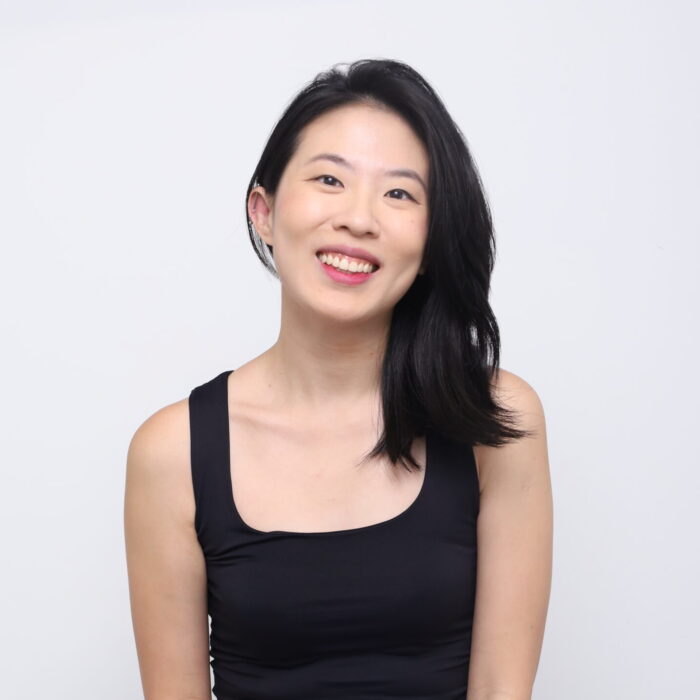What does coaching look like in practice? Are coaches any different from counsellors? If things at work are smooth-sailing, are you really missing out on anything? Also, can you talk about the problems we face at home, too?
At Mental Health Festival Asia 2022, Intellect’s Clinical Psychologist Linda Rinn sat down with two Intellect coaches, Psychologist Chan Sze Wan and Founder of Online Counselling Australia Kelly Kaciuba, to answer these questions:
What is the difference between counsellors, psychologists, and coaches?

Kelly: These are all interlinked. However, they have different approaches. For starters, psychologists encompass both coaching and counselling, but they can also do a lot more assessments, like general or mental health questionnaires, which coaches and counsellors tend to stay away from.
With counselling, there’re so many different modalities that the way I counsel may not be the same as Linda and Sze Wan. For example, do you want to be looking into behaviours during your childhood? Or are you looking for a more solution-focused and goal-oriented kind of counselling?
Coaching is about setting goals and smashing them. Coaches really are the driving force in ensuring that you’re moving forward in the areas you’re lacking in. It’s about making you the best version of yourself.
The three are interlinked, but they have niches. Even if you’re gonna jump on coaching with Intellect, aspects of counselling and psychology will come in when exploring why you have certain triggers and what’s holding you back from becoming the best version of yourself.
I have no pressing issues. How will coaching benefit me?

Linda: Often, we wait until the problem is big enough before thinking it’s okay to see somebody, but that’s really not how it is. If you’re interested in self-awareness, in learning how you’re influencing others and vice versa, you can start the session by saying exactly that. Every provider will be happy to have clients who say, “You know what? I don’t really know what I want to talk about today. I just want to explore.”
Alternatively, you can talk about space for growth. Maybe everything is going great, but you want to stretch for more. Maybe you want to develop your career or work on a healthy habit. It can really go in different directions as long as you have that interest, curiosity, and perhaps an opportunity from your employer or healthcare provider.
Kelly: I have a lot of clients who say, “Coaching is my self-care. I do this for me. I do this to recalibrate some little things that might be going on. So you don’t need to be in a crisis to start. The process is about making sure you get the support you need. A lot of people turn to coaching on Intellect for support in advancing their careers or resolving relationship issues they may face at home.
Sze Wan: Coaches are there to help clients see their potential, empower them to deal with problems, and encourage them to take a proactive role in caring for their own needs. The scope of coaching is a lot wider than we think. You can talk about struggles with daily life, relationship problems, or your self-care routines. We also encourage clients to talk about their conditions just as we talk freely about physical health.
How should I prepare for my first coaching session?

Linda: It’s good to come up with questions for your coach. What are you interested in? Do you want to hear about their backgrounds? Do you want to hear about the type of clients they see, and what they specialise in? What methods do they use? Do they give homework in between sessions? Are you happy with that or would you rather do away with it?
You can also think about why you started coaching. What’re things you definitely want to tell your provider? What are things you’re not comfortable talking about yet? You can say, “Hey, this might be a topic for later but I don’t want to touch it right now.” That’s okay as well.
Kelly: I’m a solution-focused and goal-oriented therapist, so clients may come in and say their goals feel unachievable, and I’d say let’s peel it back and start from scratch. However, I really love it when clients come in and say, “I’m just trying this out and I don’t know what to expect”. It’s kind of like a blank slate that’s waiting to explore so many opportunities!
In terms of room preparation (for remote coaching), make sure you have a glass of water, some tissues (you don’t know what you’re going to be tapping into), and a relaxed attitude. Coaching isn’t a quick fix—it’s certainly a journey. Be open to the outcomes.








